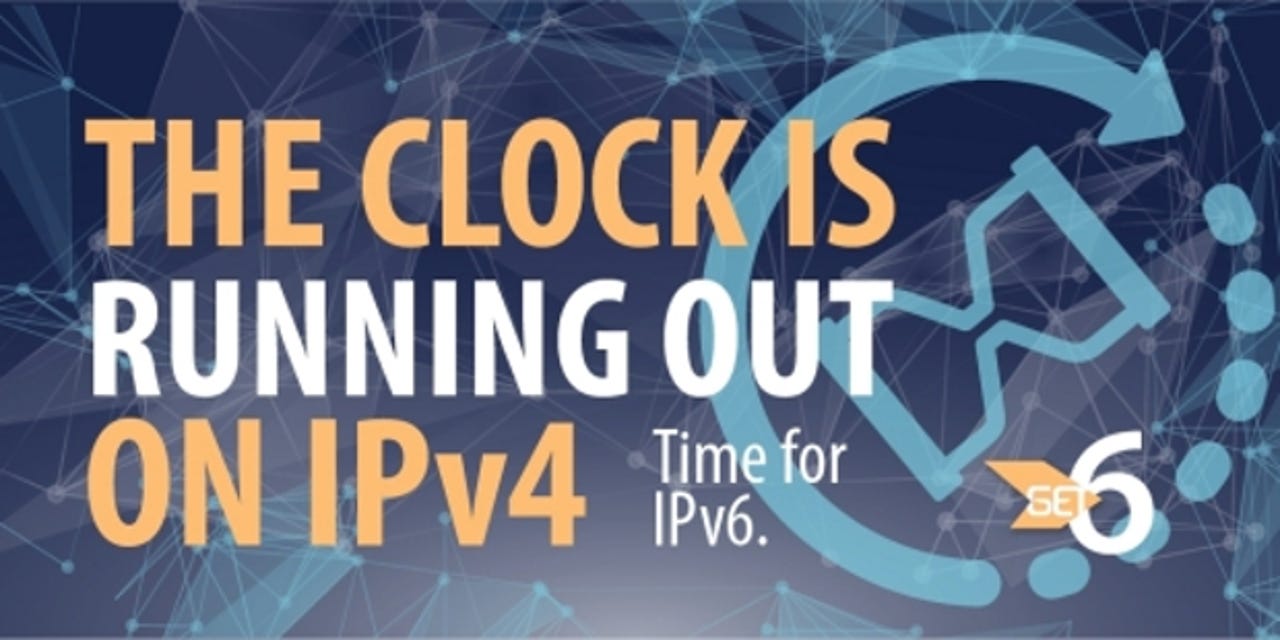The last seconds are ticking off the U.S. IPv4 network clock

We knew the day when we ran out of IPv4 addresses was coming. Now, we're in the last days.

How many are left? Out of the ARIN's address pool, the IPv4 Address Report shows only 0.0085 /8 IPv4 address blocks. In English, instead of network jargon, ARIN has not quite 500 address blocks left. In other words, we're down to the last two-to-four weeks of addresses.
If you still need Internet addresses, you have several options. First, you can take the largest available block of IPv4 addresses that ARIN will give you from its remaining inventory. Next, you can buy an IPv4 address from an Internet address reseller. Or, you can also go on a waiting list for IPv4 addresses.
Waiting for an address block is an act of desperation. John Curran, ARIN's CEO said, "The wait list is a last resort as very little address space is ever returned to ARIN."
Read this
The smart move is to just bite the bullet and switch to IPv6. There's only a limited supply of IPv4 addresses. We were always going to run out. With the growth of mobile devices and more recently the Internet of Things, IPv4 address exhaustion simply came faster than predicted.
If your IT team can't switch you over to IPv6, you can always turn to a next-generation Internet specialist. Mike Leber, the president of one such company, Hurricane Electric, said, "Hurricane Electric stands by ready to provide dual stack IPv6 and IPv4 transit to any networks that have a new found awareness of why they need to deploy IPv6 within their network and need an IP Transit provider for who this is something they do everyday for thousands of other major networks."
If you must, must have an IPv4 address block you can get /16 address blocks (65,536 addresses) for $7 to $8 per address on the reseller market. That means the least you can expect to pay for an ARIN /16 block is about $458-thousand.
With the ARIN address pool close to dry, you can count on panicked businesses driving those prices even higher.
So, as Curran said, "It is time for Internet service providers to move to IPv6 to enable the Internet's continued growth. Businesses should be aware that this transition is already well underway for many service providers in the region and make sure that their public-facing websites are reachable via IPv6 for the best performance."
Related Stories: